


In the heart of the concrete jungle that is New York City. A different kind of jungle emerged on a crisp autumn morning. The streets echoed with passionate chants, colorful banners, and a palpable sense of urgency. Climate activists from all walks of life gathered to raise their voices. Marching in unity to demand an end to our dependency on fossil fuels.
This inspiring display of determination highlights the growing global movement to combat climate change, and in this blog, we’ll delve into the significance of this event and the broader issue at hand.
The Urgency of Climate Change
As the world grapples with increasingly severe weather events, rising sea levels, and other consequences of climate change, the urgency of addressing this global crisis cannot be overstated. The devastating impacts are no longer a distant threat but a reality that communities worldwide are grappling with. From wildfires raging in California to hurricanes battering the Gulf Coast, the signs are clear: climate change is here, and it’s wreaking havoc.
Fossil Fuels: The Culprit
At the heart of this crisis lies the burning of fossil fuels, including coal, oil, and natural gas. These sources of energy have been the lifeblood of our industrialized world for over a century. But they come at a steep cost. The combustion of fossil fuels releases carbon dioxide and other greenhouse gases into the atmosphere. Trapping heat and driving up global temperatures. This, in turn, leads to the myriad climate disruptions we are witnessing.
The Role of New York
New York City, a global hub of finance, culture, and politics, holds a unique position in the fight against climate change. The city is no stranger to the impacts of climate change, having been hit hard by Hurricane Sandy in 2012. These experiences have spurred a sense of urgency and resilience within its community. Moreover, New York is home to some of the world’s largest fossil fuel companies, making it a symbolic battleground for climate activists.
The March for Climate Action
On the day of the march, thousands of protesters converged on Manhattan, shutting down streets and filling the air with their impassioned cries for change. The diversity of the crowd was striking, with people of all ages, backgrounds, and walks of life coming together for a common cause. Their demands were clear:
- Transition to Renewable Energy: At the heart of the protesters’ message was a call to transition away from fossil fuels and embrace renewable energy sources like wind, solar, and hydropower. This shift is not only crucial for reducing greenhouse gas emissions but also for creating a sustainable energy future.
- Invest in Green Jobs: Activists stressed the importance of investing in green jobs and a just transition for workers currently employed in the fossil fuel industry. A clean energy economy can provide millions of new job opportunities while leaving no one behind.
- Hold Corporations Accountable: Many protesters singled out fossil fuel companies, demanding accountability for their role in perpetuating the climate crisis. They called for divestment from these industries and for holding them legally responsible for their contributions to climate change.
- Protect Vulnerable Communities: Climate change disproportionately affects marginalized and vulnerable communities. Protesters emphasized the need for policies and initiatives that protect these communities from the worst impacts of climate change.



The Power of Collective Action
The march in New York City was not an isolated event. It was part of a global movement that has gained momentum in recent years. From Greta Thunberg’s Fridays for Future movement to the Extinction Rebellion protests in London. People worldwide are taking to the streets to demand action on climate change.
Collective action like this has the power to effect change on multiple levels. It sends a clear message to policymakers that the public demands action on climate change. It also raises awareness and fosters a sense of solidarity among those who are committed to protecting the planet.
The Role of Young Activists
One of the most inspiring aspects of the New York march was the significant presence of young activists. Teenagers and young adults, many of whom will bear the brunt of climate change’s long-term consequences. Have become powerful voices for the climate movement. They understand that their future is at stake, and they are determined to make a difference.
The involvement of young people also highlights the intergenerational aspect of climate activism. Older generations have a moral responsibility to listen to the concerns of younger ones and take meaningful action to safeguard their future.
The Political Landscape
While grassroots movements and protests are essential for raising awareness and pressuring leaders to act, real change also depends on political will. The recent climate march in New York coincided with important political developments. The city’s mayor, for instance, announced ambitious plans to divest the city’s pension funds from fossil fuels, signaling a significant commitment to climate action.
On the national and international stages, climate change is becoming an increasingly central issue. The United States rejoining the Paris Agreement and the commitment of major economies to reduce emissions are promising steps. However, these commitments must be followed by concrete policies and actions that lead to real emissions reductions.
Conclusion
The climate protesters who marched through the streets of New York City were not just demanding change; they were demanding a future. A future where we no longer rely on fossil fuels, a future where we prioritize the well-being of the planet and its inhabitants over short-term profits, and a future where we act with the urgency that this crisis demands.
The climate movement is growing, and it’s becoming increasingly clear that we cannot afford to wait any longer. The time for action is now. The march in New York was just one of many steps on the path to a sustainable future, but it serves as a powerful reminder that when people come together with a shared purpose, they can move mountains—or in this case, change the trajectory of our planet’s future.
As we reflect on the significance of this event, let it be a call to action for all of us. We each have a role to play in addressing the climate crisis, whether through personal choices, supporting clean energy initiatives, or advocating for policy changes. The world is watching, and history will judge us by the actions we take—or fail to take—in this critical moment.
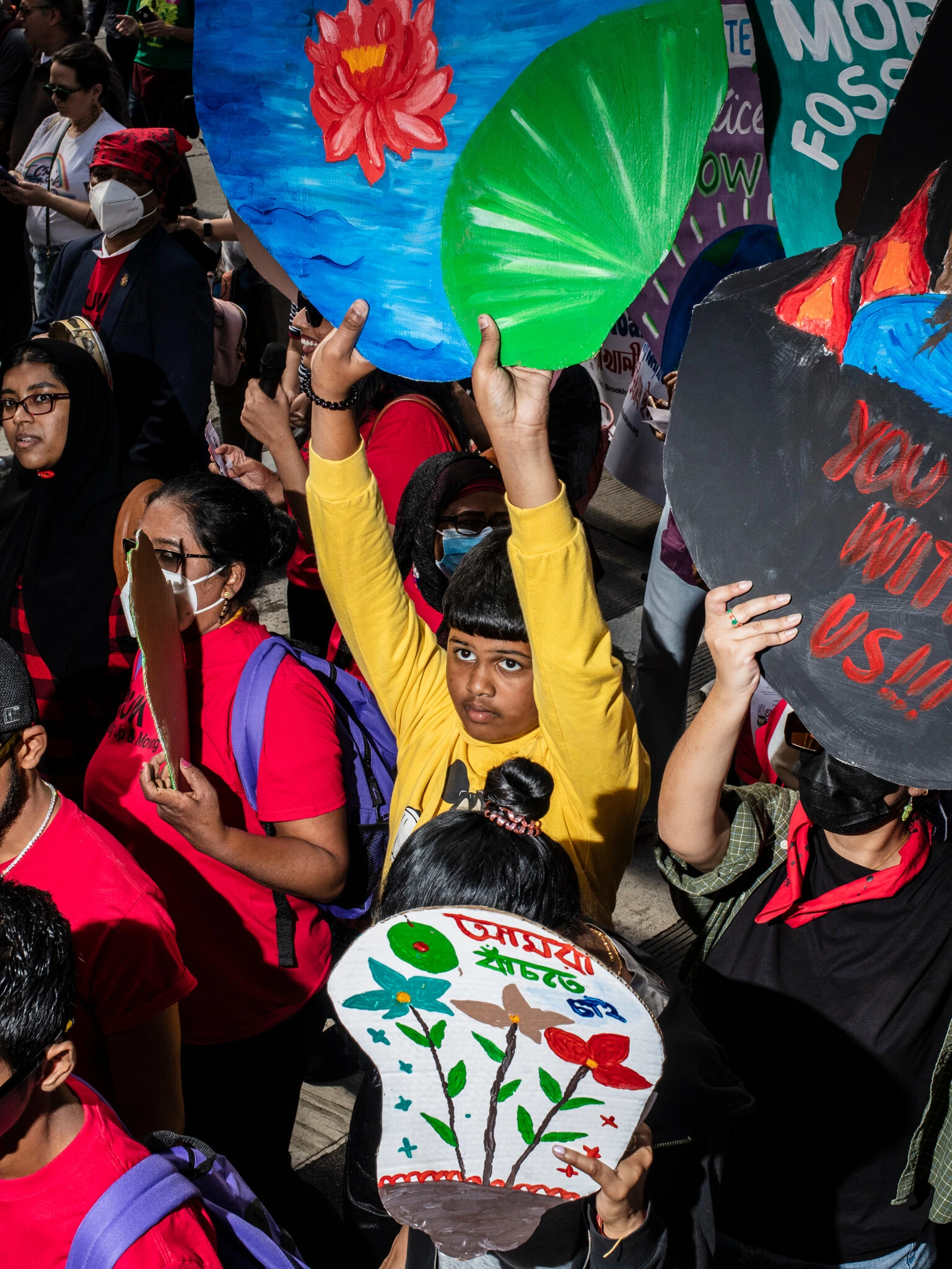





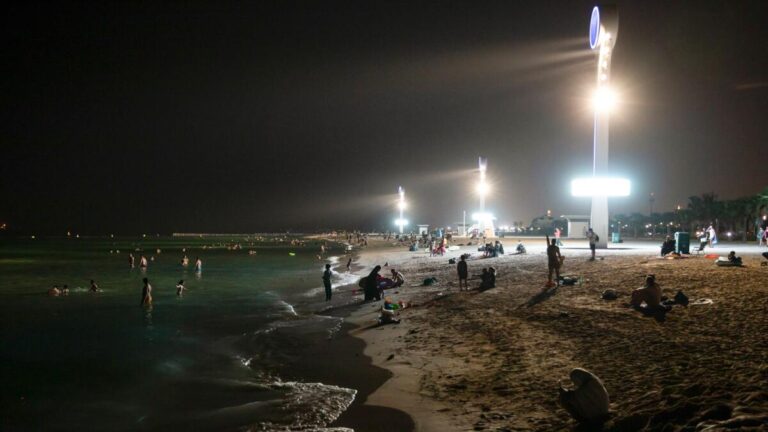

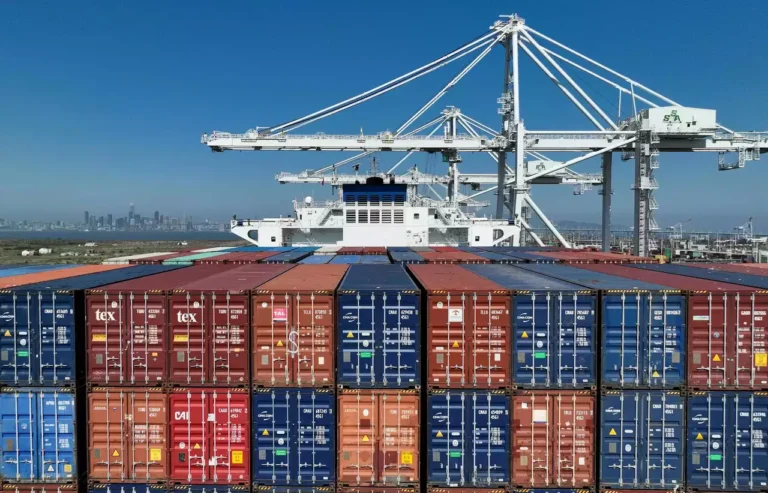
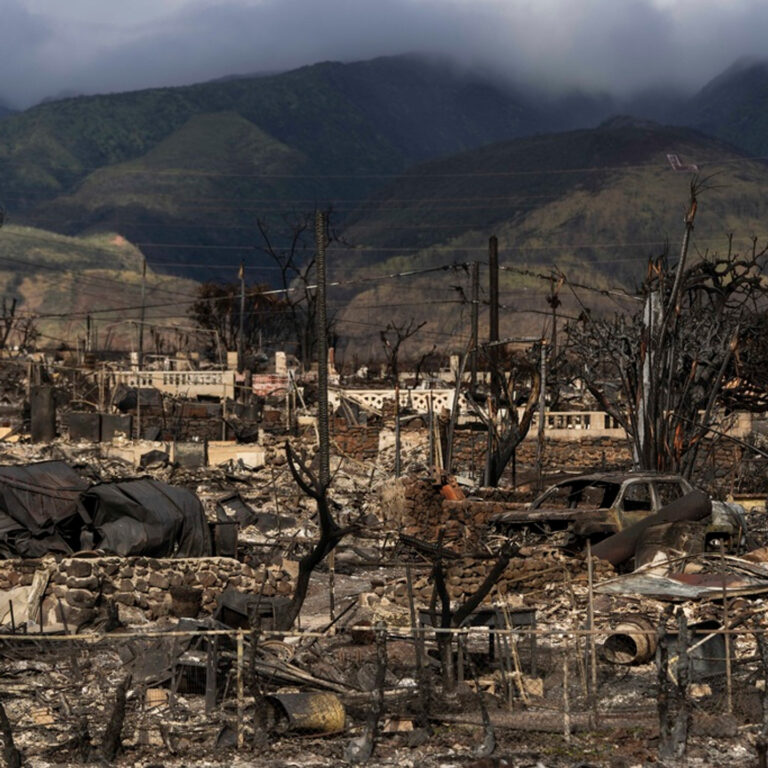

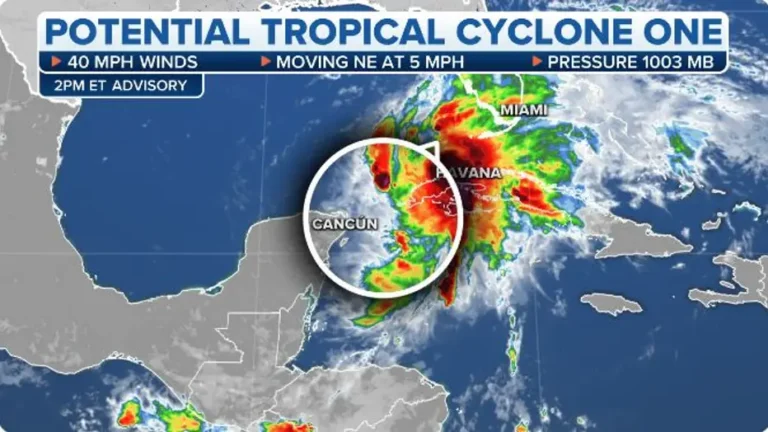




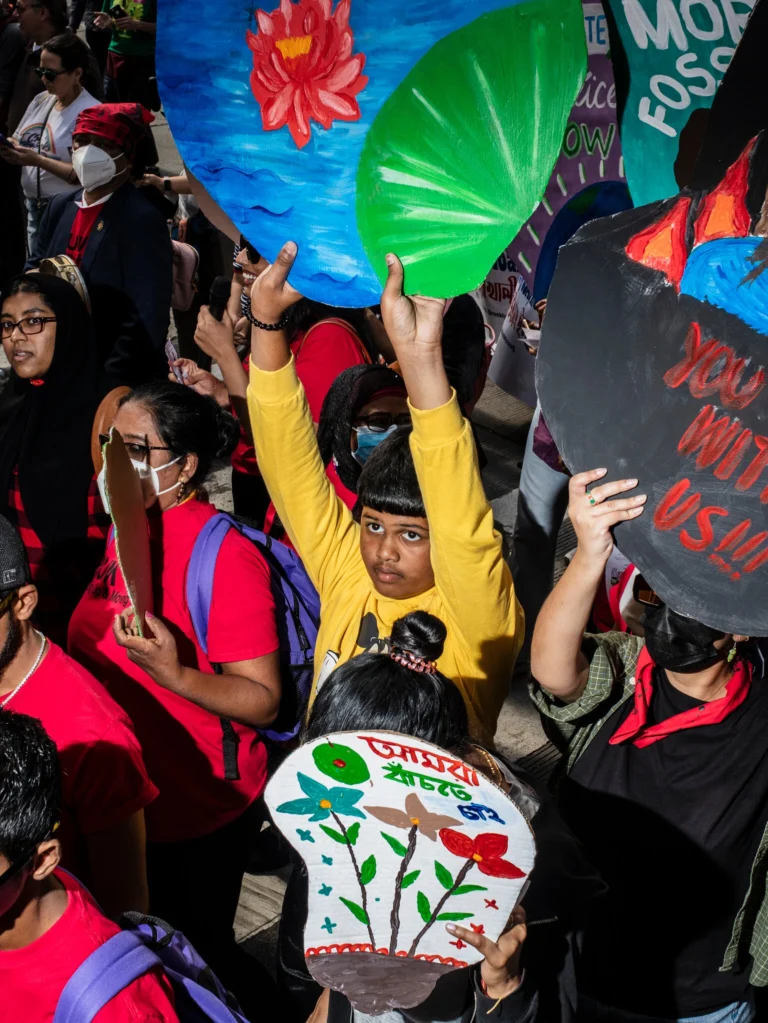
+ There are no comments
Add yours